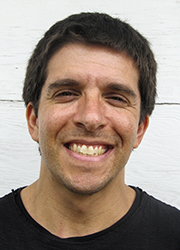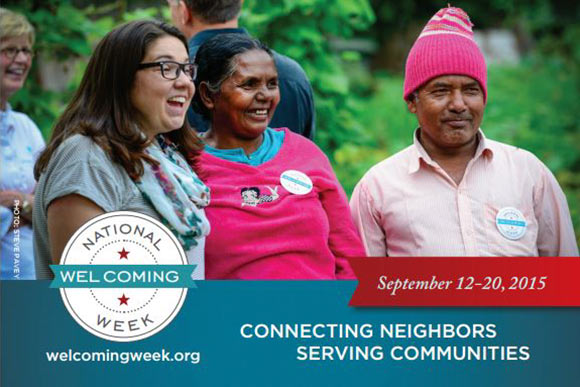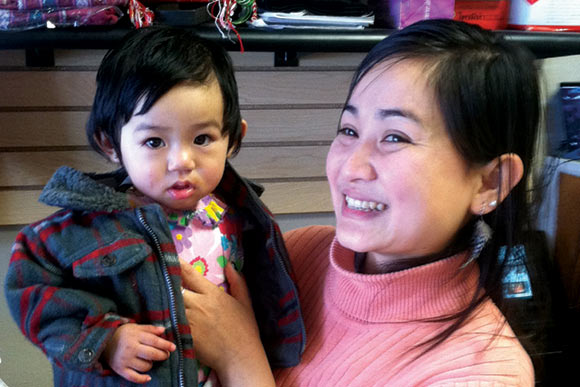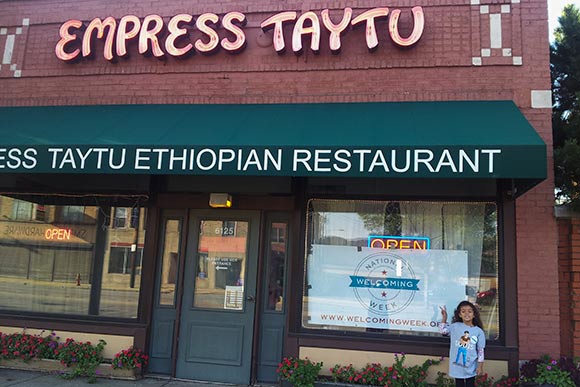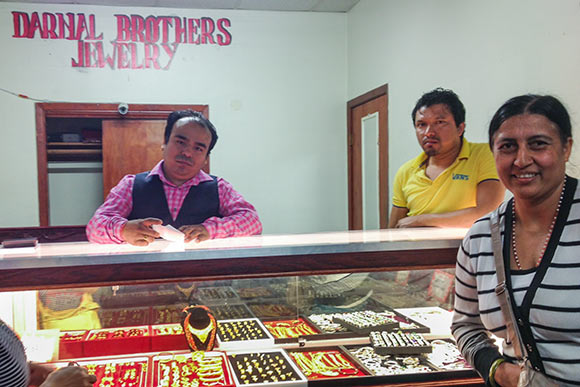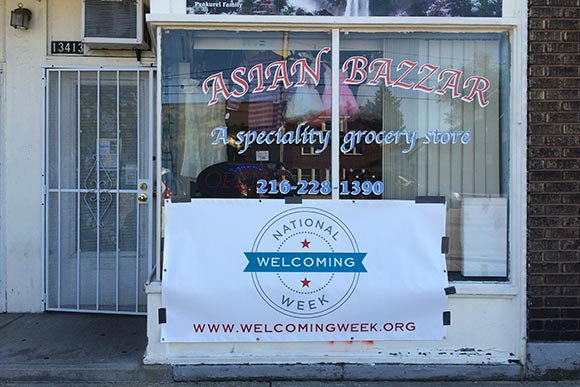Cleveland's immigrant population to get a shout-out during Welcome Week
Midwestern cities should be paving an easier path for entrepreneurial new Americans, immigration proponents say, as nothing does more to improve a region's financial future than its ability to draw and retain talent.
Cleveland will play the good host as part of Welcome Week, a nationwide event celebrating the contributions of immigrants and refugees to their communities. Now in its second year locally, the program will run from September 12th-20th, standing as a testament to a hardworking population that makes the city more vibrant and economically competitive, notes Jazmin Long of talent attraction nonprofit Global Cleveland.
"The program was created to dispel misconceptions around what it means to be an immigrant," says Long. "It's about working to bring immigrants and (U.S.) citizens together."
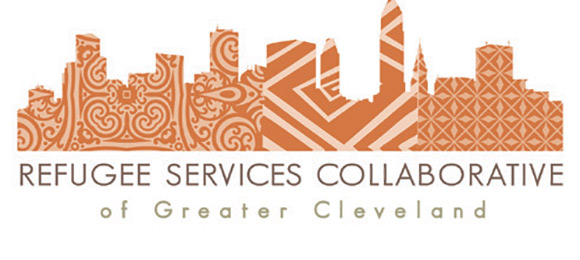 Last year, Refugee Services Collaborative of Greater Cleveland, a collective comprised of Global Cleveland, refugee resettlement agency US Together and a dozen other foreign-friendly groups, organized a Welcoming Week that showcased refugee and immigrant businesses. The program's second iteration includes three major events, says US Together community relations manager Danielle Drake.
Last year, Refugee Services Collaborative of Greater Cleveland, a collective comprised of Global Cleveland, refugee resettlement agency US Together and a dozen other foreign-friendly groups, organized a Welcoming Week that showcased refugee and immigrant businesses. The program's second iteration includes three major events, says US Together community relations manager Danielle Drake.
An art show at Cleveland Public Library will highlight the work of people who fled refugee camps and other dire living situations. Later that week, the Capitol Theatre will screen five short films about the lives of a handful of overseas newcomers to the North Coast. The week will cap off Sept. 19th with a combined soccer clinic and picnic at Madison Park in Lakewood. In combination, these events can give attendees new insight on the struggles immigrants and refugees face, says Drake.
"You have to sit down with these people," she says. "We want everyone to see how they don't have to be nervous or scared if a refugee moves in next door."
Creating a friendly environment
On a larger scale, Welcome Week is designed to counteract 2010 census figures that put Cleveland's population at just five percent foreign-born, less than half the nationwide average. Combine that figure with a decade that witnessed the city's overall population slip below the 400,000 threshold, and the need for new talent is evident, says Richard J. Konisiewicz, interim director at Global Cleveland.
About one million legal immigrants arrive in the U.S. annually, many of them highly educated, Konisiewicz notes. In Northeast Ohio alone, over 21 percent of the region's foreign-born residents have graduate or professional degrees. Creating a hospitable environment for brain-powered immigrants can spread Cleveland's tale to their talented friends and family back home.
"Campaigns like Welcome Week are important to let immigrants know that, collectively, we are indeed a welcoming community," says Konisiewicz.
Adjusting to new customs and cultural norms is much simpler when you have assistance, says Iraqi refugee Sinan Al-Sharkargi, who settled in Lakewood with his wife and three children in 2012. Upon arrival, US Together took Al-Sharkargi through the normally tedious slog of obtaining medical insurance and any needed benefits. The organization also pointed him to an area job fair, a process the highly trained mechanical engineer was eager to begin.
"When you come to a new life you're starting from zero," says Al-Sharkargi, a Baghdad native. "Having someone to guide us at the start helped so much."
Al-Sharkargi knew that ultimate success in his adoptive country would come if he helped himself. After a little over three months, he joined Target as a team leader, rising in the ranks to become a property management technician at the corporation's largest Cleveland-area store.
Settling in a friendly, culturally rich neighborhood has made the transition all the easier, says Al-Sharkargi. He doesn't know how long he'll remain in the area, but he's more than pleased with the reception he's received so far.
"I'm so grateful I cannot say," Al-Sharkargi says. "I feel like I should have made this move a long time ago."
In it together
Al-Sharkargi's industrious attitude is emblematic of Cleveland's immigrant and refugee communities, say Welcome Week organizers. A report compiled by the Refugee Services Collaborative counted 38 refugee-owned business launched between 2002-2012. These businesses employed 141 workers and resulted in total direct revenue of $7.6 million, according to the report.
Such positive statistics and anecdotes counter misconceptions about immigrants taking American jobs or being a drain on the economy, says Long of Global Cleveland. Part of Welcome Week's mission is to convey these facts to the everyday taxpayer as well as public officials who may hold sway over a population unsure if they want a family from Nepal, Somalia or China as a neighbor.
"You're not going to reach everyone, but you want to connect with community leaders and others who will speak positively about what we're trying to do," Long says.
City officials are beginning to understand why Cleveland needs an immigrant-based boost, says US Together's Drake. She points to the Dream Neighborhood initiative, a plan to reinvigorate run-down West Side communities by placing refugees in rehabilitated homes. The project, touted by Cleveland City Councilmen Joe Cimperman and Brian Cummins, has garnered support from Mayor Frank Jackson.
The housing initiative's goal is to make Cleveland the No. 1 welcoming city for newcomers and refugees within the next five years, notes Drake. Championing immigrant and refugee accomplishments through events like Welcome Week are similarly crucial to the region's economic future.
"We need to keep up the momentum," says Drake. "The people coming here are bringing the entrepreneurial spirit this country was built on."
